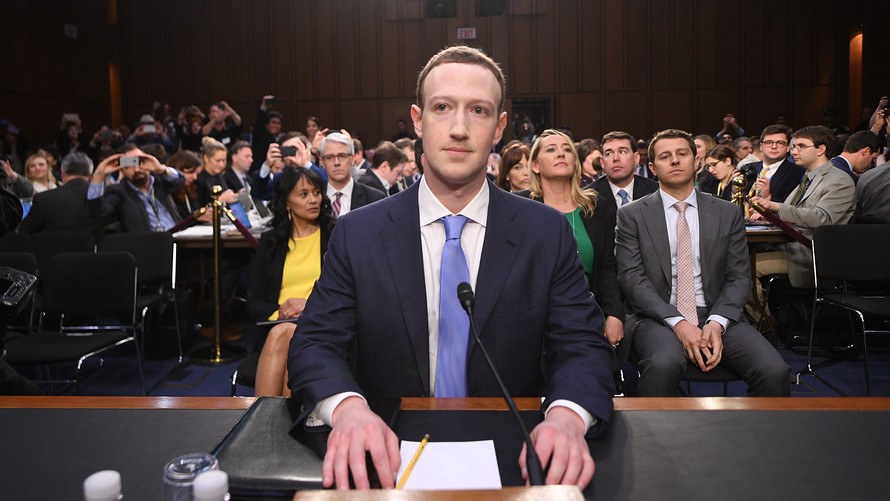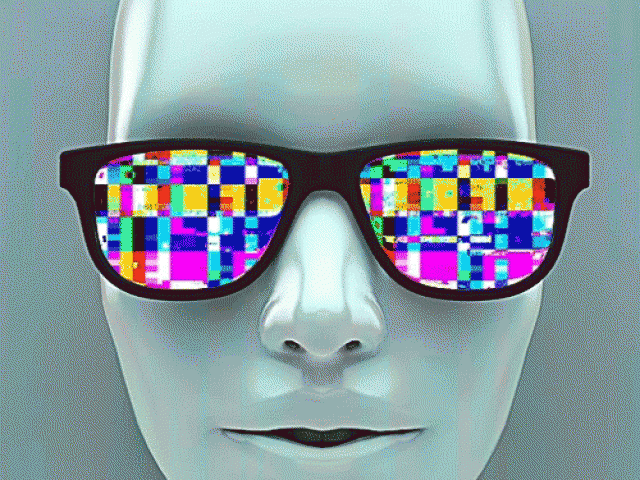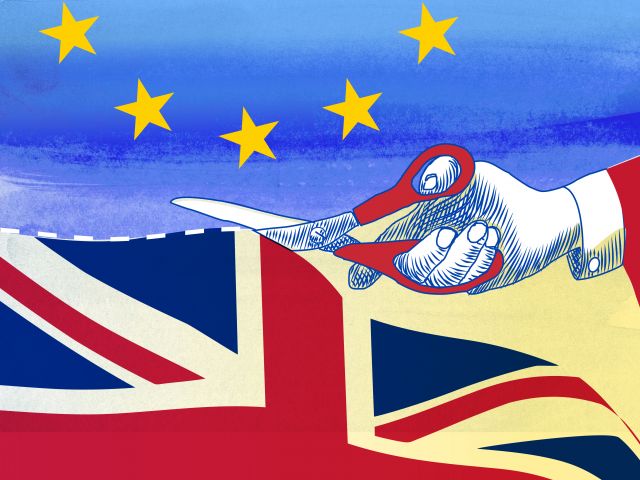A CBS bachelor that even Mark Zuckerberg can learn from

Mark Zuckerberg in the hot chair in front of US congressmen. (via knowyourmeme.com)
In the wake of the Facebook scandal and the recent hearings involving one of the greatest IT geniuses of our time, CBS’ new bachelor program, BSc in Business Administration and Digital Management, has grown in significance. Through this program, students will have the chance to learn from Mark Zuckerberg’s biggest mistakes and why there are serious dangers involved in “moving fast and breaking things”.
Mark Zuckerberg was 19 years old when he founded Facebook from his dorm room at the Harvard University. 14 years later, he is sitting in the hot chair of a hearing where American congressmen are asking him difficult questions about privacy issues related to Facebook.
What are the important lessons to be had for the future generation of professionals working within the tech industry? The new BSc in Digital Management will extensively address such questions on a grand scale, and it all starts in September.
What we need are people who can connect the dots
Mikkel Flyverbom, CBS Professor
“Facebook shows us how far you can get by focusing on building the best products, building a company that focuses on technology, and hiring people who can help build the best services. But it also shows the pitfalls that emerge when you don’t have a reflective mindset, and the skills or experience needed to consider the societal consequences of what you’re building,” says the academic program director, Mikkel Flyverbom, and continues:
“What we can learn is that you may be able to build amazing services and build them rapidly, but if you also want to develop trust relations, if you want to be seen as a company that contributes to society, there are dangers involved with moving too fast.”
Mikkel Flyverbom hopes that by educating a new wave of potential CIOs (Chief Information Officer) and CDOs (Chief Data Officers), companies will be able to avoid running into the same mistakes as Mark Zuckerberg and other projects that have too much focus on technological possibilities and too few reflections about humans, organizations and, societies.
Revitalizing tech
“The reason we need a bachelor program such as this one, is that we need to have people who don’t start from technology, but instead start from questions about management, governance, ethics, and engaging with society,” says Mikkel Flyverbom.
There are those who are still doing things in a manual, hand-held fashion.
Mikkel Flyverbom, CBS Professor
The new program is built on three interrelated pillars. Business and administration, sociology, and digital transformation. The first pillar follows the classical business school traditions. It gives the students a sense of what it means to run a business and be a part of an economy.
The second pillar will focus on the technical aspect of technological developments. What do digital transformations look like, how do companies use data, what are the limitations of technology? These are some of the questions that will be addressed.
“In some parts of organizations, there are those who are forward-thinking, who know about technological transformations that are on the horizon such as, artificial intelligence, internet of things, blockchain, and so on. In other parts, there are those who are still doing things in a manual, hand-held fashion. And in between, you have a whole spectrum of different levels of engagement with IT, digital technologies and other technical tasks,” he says and continues:
“What we need are people who connect those parts of an organization. People who can connect the dots and really drive digital transformations. Not in terms of technology, but in terms of rethinking, and revitalizing the business, the operation.”

Companies often hire external consultants to help “solve” their problems. (Photo: Christiaan Colen via Flickr)
It has become common practice for companies to hire external consultants to fix problems by implementing new technologies. However, Mikkel Flyverbom suggests that organizations need to rely on more people within, and less on consultants who come and go.
“The problem is that you don’t get the competencies within the organization. Companies need people who have a broader understanding of technology and its interactions with society, humans, and businesses. You would expect many of these things to be solved already. But looking across public and private organizations, a lot of them are still suffering from a basic gap between technology and the rest of the organization,” he says and continues:
“I want these students to think about technology as nothing in itself. Future professionals need to connect technology with building trust, or having enthusiastic employees, or customers who are excited about a product, or creating services that excite people. That’s what is at the core of running a profitable and sound business.”
Sucking up Data
Facebook and other companies keep telling us that we have a choice.
Mikkel Flyverbom, CBS Professor
The third pillar involves the sociological component. The aim is to create an understanding of how organizations operate, how societies develop, and how people act and think. According to Mikkel Flyverbom, this sociological component is crucial in coming to grips with the limitations and consequences of developing new technologies.
“The Facebook case really shows what happens if you don’t think about the limitations and possible consequences. The possible consequences of rolling out something like Facebook that sucks up data, captures everything, stores everything, and profiles people based on their data. If you don’t think about issues relating to democracy, ethics, and trust early on, then you have these types of cases,” he says.
Facebook is unique in that none of their competitors managed to successfully develop a direct substitute. This means that they have a lot of power over the users, and as Uncle Ben, Spider-Man’s grandfather, would put it: “With great power comes great responsibility.”

Cartoon by Bruce Plante via knowyourmemes
“Facebook and other companies keep telling us that we have a choice. That we can decide whether to share something with only our friends or with everyone. But in the back end, it’s much more opaque. Users do not have a sense of what happens there,” says Mikkel Flyverbom and continues:
“The problem is that Facebook and other tech companies are becoming the infrastructure, the backbone of many parts of our societies. This creates opportunities to aggregate data and turn a profit out of that data.”
The BSc Digital Management program aims to address these issues by sparking conversations about how societies should think about data, both as a resource and a sensitive issue that needs to be tackled.
Should we think of data be something personal as a kind of private property that individuals can control and have some sense of ownership over? Or should it simply be considered a raw material that can be sucked up and used for profit?



































































































































Comments